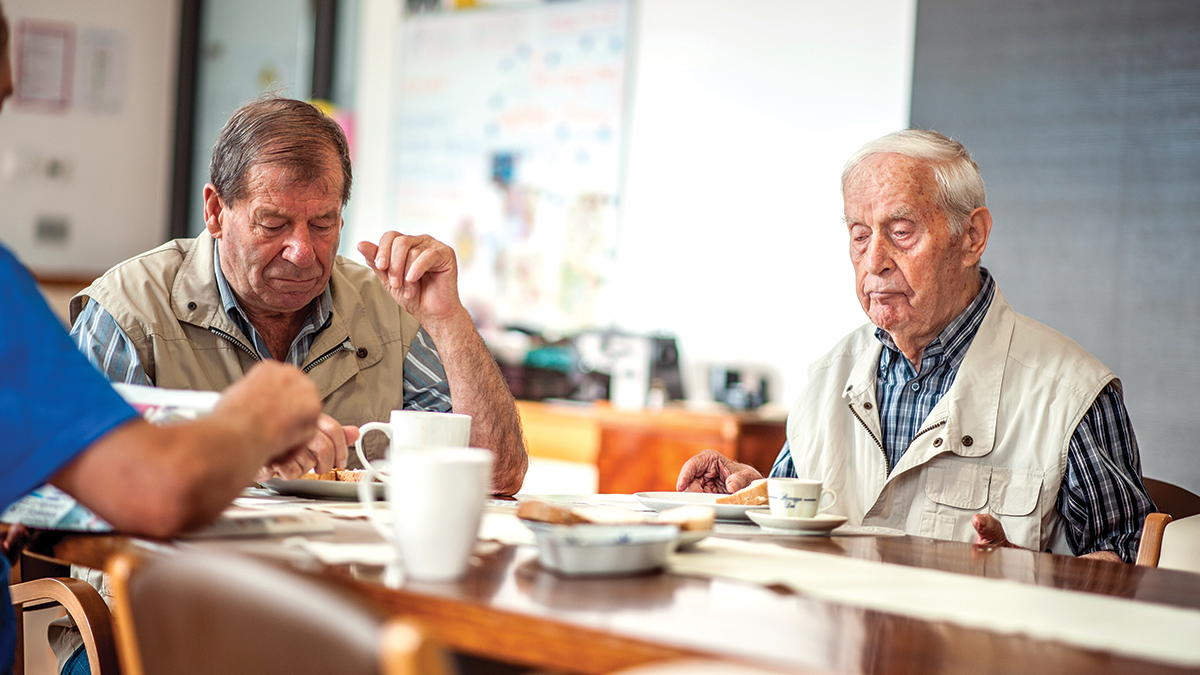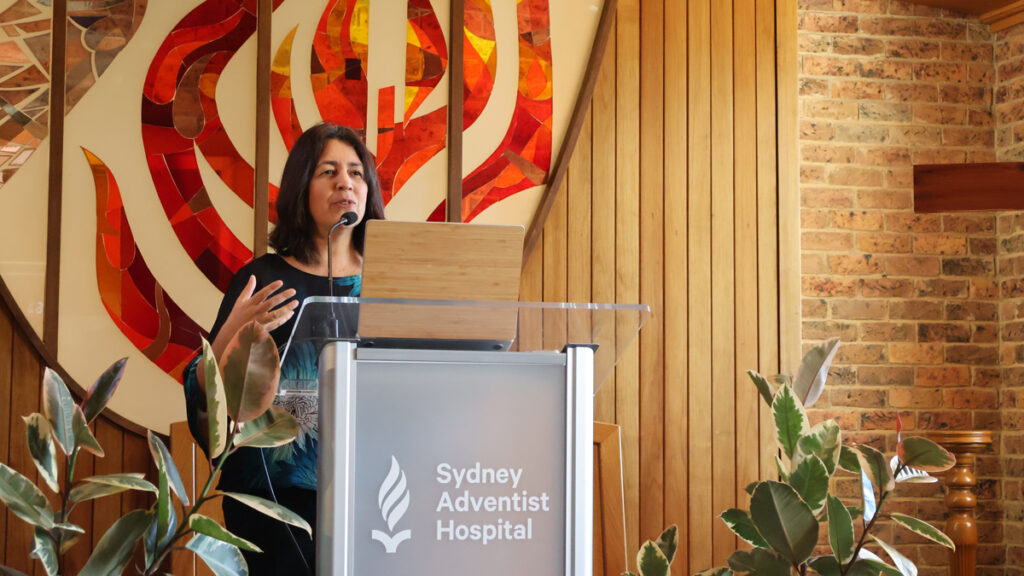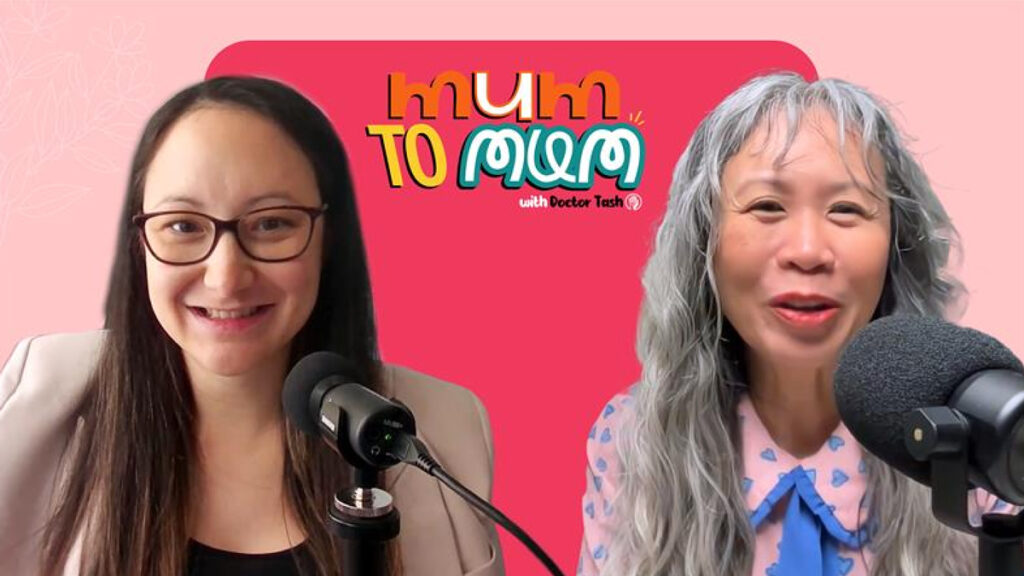Dementia! It’s a disease that destroys—memory by memory—the fabric of a life. It robs its victims of the pleasure, the highs, the lows, the mundaneness of life. It keeps destroying and stealing until it takes the last breath. It doesn’t just purloin from the person affected but it steals that person from their spouse, their children, their grandchildren/great-grandchildren and friends.
Australia is facing a dementia epidemic, with 1700 new cases diagnosed every week. In 2017 there are more than 413,000 people living with dementia. This number is expected to increase to almost 1.2 million in 2056. Dementia is now the second leading cause of death of Australians and has an enormous impact on the burden of illness and on the economy.1
My mum has dementia. Recognisable as a problem in her mid-50s, it has now destroyed her cognitive and all her physical abilities. She is completely dependent. Due to her care needs requiring multiple people at once, Mum resides in a nursing home. My mum, however, is blessed in that my dad is able to visit her, usually twice a day. Other family members also visit regularly. Almost everyone else in the facility also has dementia. Sadly there are a number of residents who do not receive regular visits. One lady, let us call her Kate, cries all day, every day for her family. They do not come.
There are people in my church struggling with this disease. There are people in yours too. How do you react? What do you do to help? Do you avoid them because you find it confronting or just too hard? These are your family. They are your brothers and sisters.
My mum loved Jesus and would still do so if she had the capacity. She loved church. She was active in the church contributing in many ways for many years. She brought pleasure to people with her music and was well loved.
Mum hasn’t been to church in three years. We cannot get her into the car and she cannot sit in a normal wheelchair. She is not alone in being unable to get to church. My mum may not be able to speak but she still has spiritual needs. She would still benefit from a ministerial/elder visit. She would benefit from some of her old friends visiting her. How much would it mean for someone to care enough to visit her and pray with her. What about those with no blood family or family who do not visit?
What is dementia?
Dementia is a conglomerate of symptoms that collectively describe a particular condition. Dementia is not one specific disease. There are multiple disorders causing damage to the brain that manifest as dementia. Dementia affects thinking, behaviours and the ability to perform everyday tasks. It impedes the ability of people with the condition to live a normal life. While we commonly think of dementia as affecting older people, it can, on occasion, affect younger people in their 30s and 40s.2
Alzheimer’s disease is the most common cause of dementia and is responsible for about 70 per cent of dementia cases in Australia. Other causes include Parkinson’s disease, vascular disease, fronto-temporal degenerative disease and alcohol. The symptoms of dementia can be very vague initially and other diseases such as depression, some vitamin deficiencies, medication interactions and brain tumours can present with similar symptoms. Symptoms to look out for include confusion, personality change, apathy and withdrawal, progressive and frequent memory loss and the loss of ability to perform common everyday tasks.2 If you notice these types of symptoms, see a doctor.
There is no cure for dementia but there are some symptomatic treatments that can assist with delaying progression of the disease. These treatments are more effective if started early in the disease. In addition, prevention is important. Having a mostly plant-based diet, high in antioxidants and omega 3 fatty acids, can decrease the risk of developing dementia. [pullquote]
How can I help?
Obesity, high intake of alcohol and a sedentary lifestyle increase the risk of dementia.3
People with dementia need our love and care. They may be housebound or in a nursing home. They may not understand that they have a problem. Both people with dementia and the people who care for them need our prayers, understanding and practical help. What can we do? Here are a few suggestions.
We can make a point of saying hello and “visiting” at church. We can make a point of visiting outside of church whether it be at home or in a nursing home. We can have prayer with these, our brothers and sisters in Christ. You might volunteer to give a carer a couple of hours’ break. What if the person cannot communicate? You can read to them—the Bible, the lesson, stories, the local church magazine, the newspaper. You can tell them stories about what is happening in your life. You can share your experiences with them.
For those unable to get to church, you could take church to them. This is particularly important for those who reside in non-church based nursing homes. You could organise a church roster to make sure people get regular visits.
If you or someone you love displays any of the symptoms of dementia or you have concerns about yourself or someone else, then get in touch with your local general practitioner who will be able to help. In addition, you may find the information on the www.fightdementia.org.au website helpful.
September is dementia awareness month. Make a point of educating yourself about this disease. Why don’t you see if God can use you to bring comfort to someone with this condition this month.
I look forward to the day when sin will be no more, when the scourge of illness is overcome, when Jesus comes and my mum will be restored.
Revelation 21:4: “He will wipe every tear from their eyes. There will be no more death or mourning or crying or pain, for the old order of things has passed away.”
Dr Annie Drysdale is a general practitioner from Australia. She is using a nom de plume.






